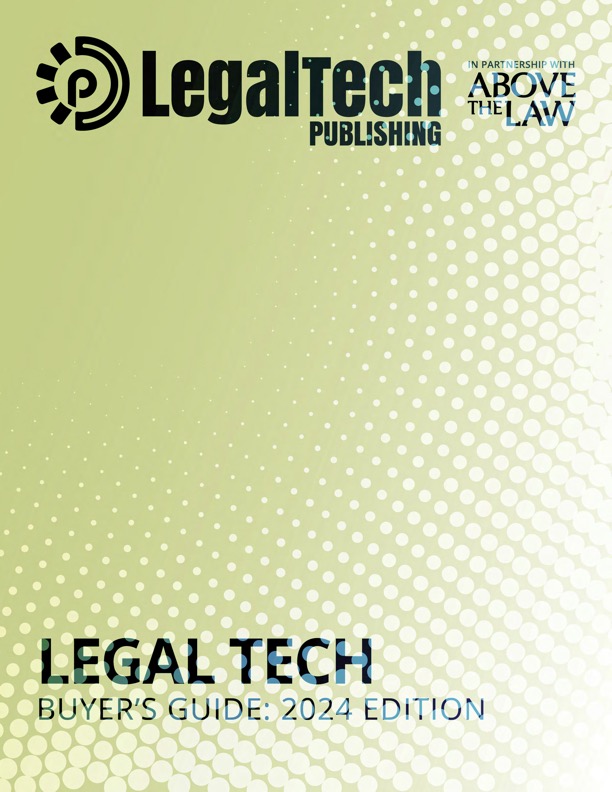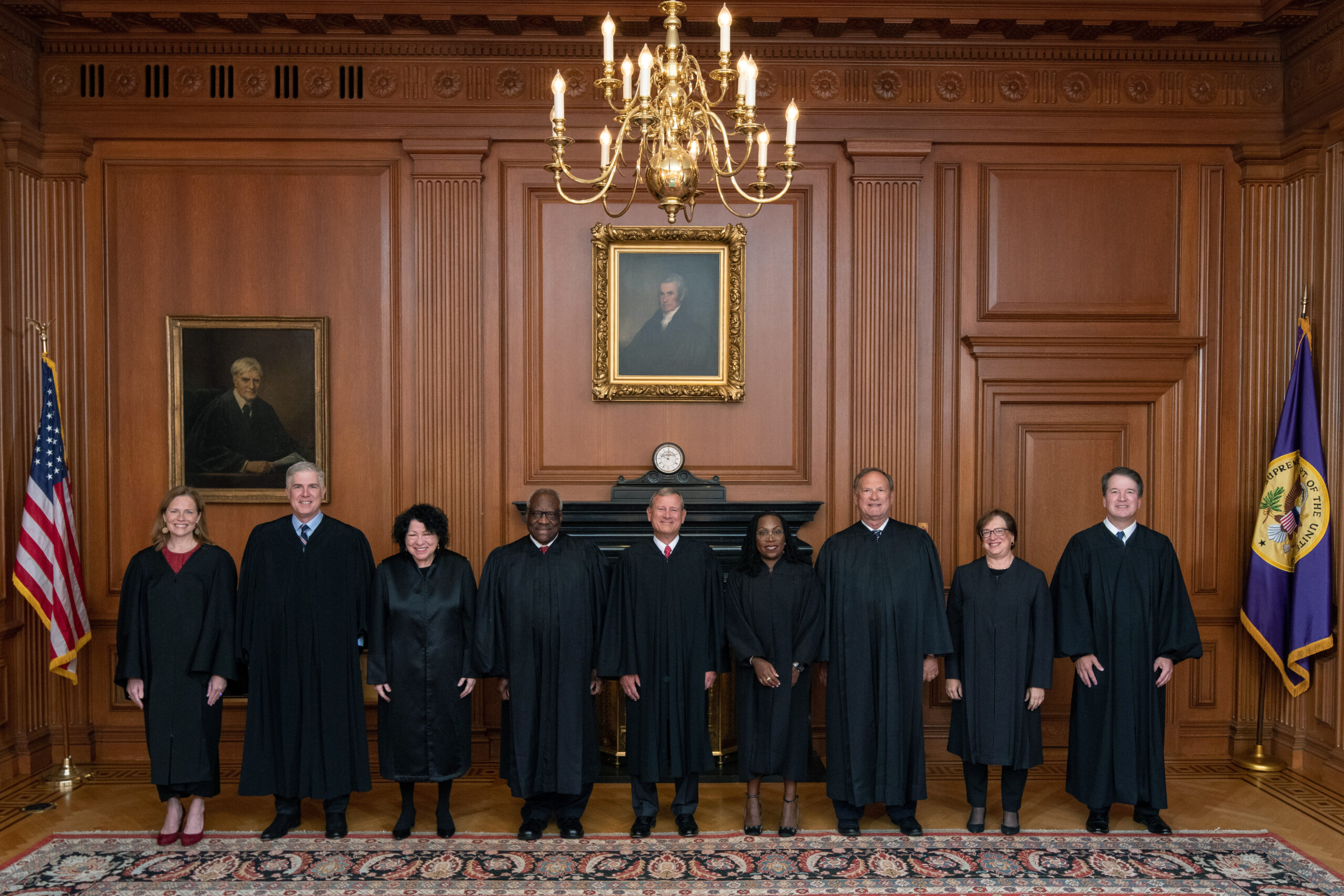For years, I’ve watched promising medical technologies languish in labs, never reaching the patients who desperately need them. The culprit? Not overzealous regulators, but our antiquated approach to innovation. It’s time we stop pointing fingers at the FDA and take a hard look in the mirror.
The truth is, the FDA isn’t the enemy of medical innovation – it’s a crucial partner. But to unlock its full potential as an ally, we need to radically rethink how we develop medical devices. The current model of siloed, proprietary development is failing us. It’s slow, expensive, and often results in technologies that never see the light of day.
What if, instead, we embraced an open-source approach to medical device innovation?
Instead of each company developing devices in isolation, what if we create open, modular platforms that thousands can build upon? Safety data could be shared across applications, dramatically reducing the time and cost for regulatory approvals. Manufacturing could leverage existing consumer electronics supply chains, slashing production costs.
This isn’t circumventing FDA requirements – it’s giving them more data to work with. By enabling thousands of parallel innovations and trials, we could generate orders of magnitude more data than the traditional model. This wealth of information would allow regulators to make faster, more informed decisions.
The FDA has shown openness to new approaches, from breakthrough device designation to real-world evidence programs. What’s needed now is for us, the innovators, to step up with new models that work within the regulatory framework to accelerate development.
An open-source approach could compress device development timelines from 13 years to 3 and costs from $650 million to $10 million. More importantly, it could finally bring frontier medical technology to the billions who currently lack access.
But to make this vision a reality, we need to overcome our resistance to change. We need to let go of the notion that keeping our innovations under lock and key is the only way to protect their value. In the open-source world, value isn’t created by hoarding information, but by building upon shared knowledge to create something truly life-changing.
This shift won’t be easy. It requires a fundamental change in how we think about intellectual property, competition, and collaboration. But the potential rewards are immense. By pooling our resources and expertise, we could address the most challenging medical problems of our time with unprecedented speed and efficiency.
The challenges in our healthcare system are complex, with no easy solutions. But by reimagining how we develop and approve medical devices, we have an opportunity to dramatically accelerate innovation. It’s time to move past finger-pointing and embrace a collaborative model that works for innovators, regulators, and patients alike.
The technology to save millions of lives exists today. It’s trapped not by overzealous regulators, but by our own outdated mindsets and business models. Let’s break down these self-imposed barriers and usher in a new era of medical innovation.
The FDA is waiting for us to step up. I’m ready to tear down the walls I’ve built around my work. Are you?
Photo: Peshkova, Getty Images
Mary Lou Jepsen, PhD is the Founder, CEO, and Chairman of Openwater.health, a company that develops medical technology integrating semiconductor physics, light, and sound to diagnose and treat diseases at the cellular level. Openwater aims to make hospital-grade medical care accessible worldwide. The company’s platform combines infrared imaging, ultrasound, and electromagnetic fields. Openwater collaborates with leading institutions to validate its technology and drive healthcare innovation. Using open-source principles and consumer electronics manufacturing, Openwater seeks to reduce medical device development time and costs. Jepsen has been named to Time Magazine’s 100 Most Influential People and CNN’s Top 10 Thinkers. A former executive at Facebook, Oculus, Google and Intel, Jepsen founded four hardware companies including One Laptop per Child (OLPC). Jepsen is a former MIT Professor with 250 published or issued patents.
This post appears through the MedCity Influencers program. Anyone can publish their perspective on business and innovation in healthcare on MedCity News through MedCity Influencers. Click here to find out how.
#FDA #Isnt #Blocking #Medical #Breakthroughs #Outdated #Innovation #Model











